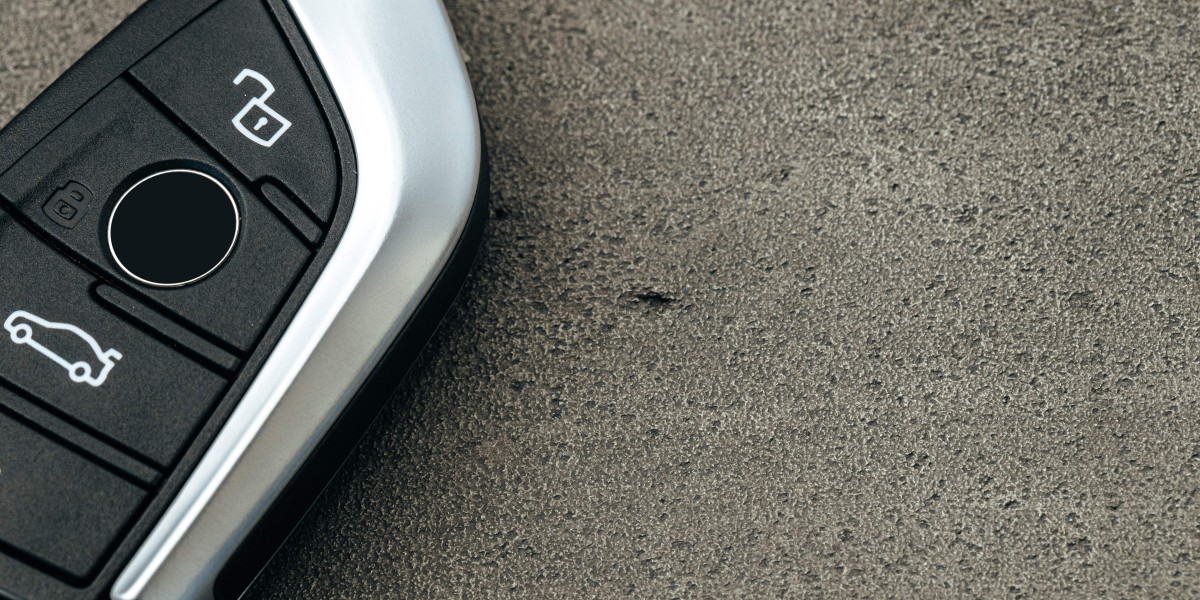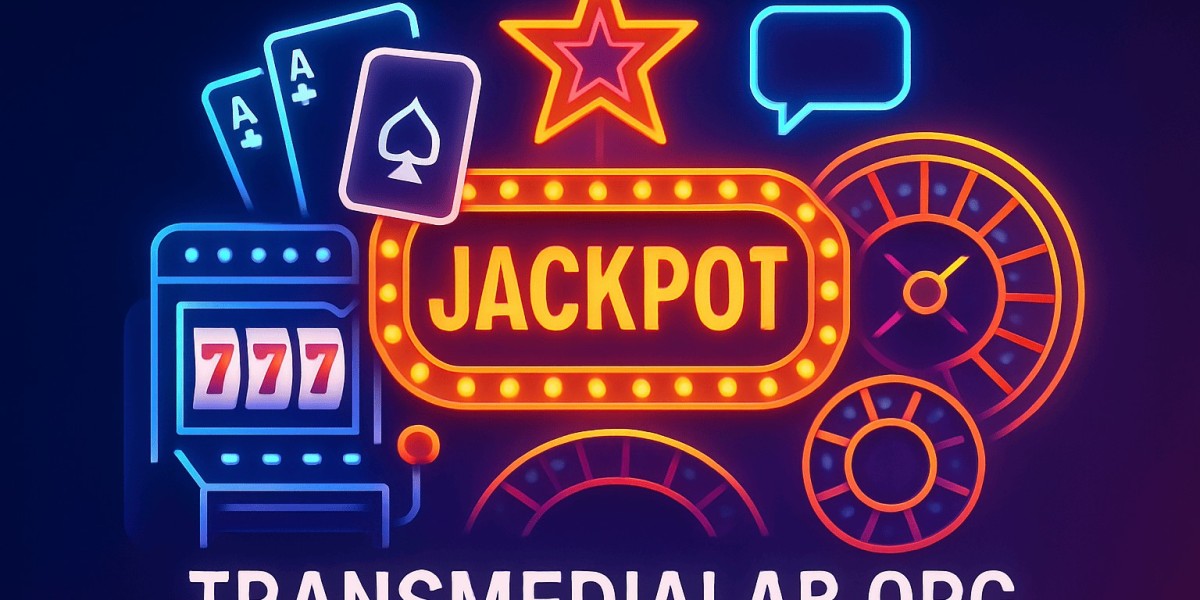Driving License Without a Test: Navigating the Unconventional Path
In the world of driving, acquiring a license normally includes a rigorous process of theoretical and useful assessments. Nevertheless, there are special circumstances and jurisdictions where people may acquire a driving license without a traditional test. This article explores the numerous situations and legal structures that enable such an exception, offering a thorough introduction of the conditions, procedures, and implications.
Intro
Driving is an essential ability that uses liberty and movement. Throughout many countries, getting a driver's license is a well-defined process that consists of both a theoretical and a practical test. These tests are designed to make sure that drivers have a solid understanding of traffic laws and are capable of running a vehicle securely. Nevertheless, there are circumstances where people can bypass these tests and still lawfully obtain a driver's license. This article explores these exceptions, using insights into the legal and useful elements.

Legal Frameworks and Exceptions
Conversion of Foreign Licenses
- General Rule: In numerous nations, individuals who hold a legitimate driving license from another nation can transform it to a regional license without taking extra tests. This procedure is frequently streamlined to accommodate global drivers.
- Conditions: The foreign license must stand and provided by a recognized authority. Some jurisdictions may need a translation or a recommendation from an acknowledged company.
- Examples:
- United States: Several states allow foreign drivers to convert their licenses through a simple application procedure.
- Canada: Provinces like Ontario and British Columbia have similar provisions for foreign license holders.
- European Union: Member states typically have mutual arrangements to facilitate the conversion process.
Unique Circumstances
- Medical Reasons: In some cases, people with medical conditions that affect their ability to take a test may be excused from the useful exam. Nevertheless, they should undergo a medical examination to guarantee they can drive securely.
- Age and Experience: Some jurisdictions provide exemptions to older people who have a long history of safe driving. These exemptions are often based on rigorous requirements, such as a clean driving record and a recommendation from a licensed driving trainer.
- Military Personnel: Military workers who have actually undergone comprehensive training and have a valid military driver's license might be qualified for a civilian license without extra screening. This is particularly typical in the United States and the United Kingdom.
Heritage and Legacy
- Household Inheritance: In a couple of rare and particular jurisdictions, a driving license can be inherited from a close member of the family. This is more of a historic practice and is not widely acknowledged.
- Tradition Licenses: Some areas have tradition licenses that are released to individuals who can prove they have been driving for a considerable period, frequently decades, without an official license. These licenses are typically approved on a case-by-case basis and may require paperwork of consistent and safe driving.
Treatment and Requirements
Application Process
- Documents: Applicants should supply a valid foreign license, evidence of house, and in some cases a medical certificate.
- Application: Fill out the necessary application form, which can usually be found on the relevant federal government website.
- Fees: Pay the required costs for the conversion process. These costs differ by jurisdiction but are typically lower than the cost of a brand-new license.
Medical Evaluation
- Qualified Physician: Individuals with medical conditions should go through an evaluation by a licensed physician or a designated medical specialist.
- Report: The doctor will offer a report confirming the person's ability to drive safely. This report is then sent to the appropriate authorities.
Evidence of Experience
- Driving Record: Provide a driving record from the native land or another acknowledged authority.
- Suggestions: Submit suggestions from certified driving instructors or other acknowledged entities.
Unique Documentation
- Military ID: For military workers, supply a valid military ID and proof of completion of military driving training.
- Historical Documentation: For tradition licenses, provide historic documents that proves consistent and safe driving over a substantial duration.
Ramifications and Considerations
Security Concerns
- Threat Assessment: While these exceptions can be convenient, they also raise security concerns. Authorities should make sure that individuals who bypass the conventional testing procedure are still efficient in driving securely.
- Ongoing Monitoring: Some jurisdictions may require regular assessments or refresher courses for deutschland für den kauf eines führerscheins individuals who receive a license through these exceptions.
Fairness and Equity
- Equal Opportunity: Allowing certain individuals to bypass the testing procedure can result in concerns of fairness and equity. It is essential that these exceptions are clearly defined and applied regularly.
- Public Perception: The public might view these exceptions as a way to prevent the system, which can impact trust in the licensing process.
Legal and Regulatory Framework
- Stringent Criteria: Jurisdictions that provide these exceptions usually have strict requirements to prevent abuse. These requirements may include age limitations, medical evaluations, and driving history.
- Regular Updates: Laws and regulations surrounding these exceptions go through alter. People should routinely check for updates to guarantee they satisfy the present requirements.
Frequently asked questions
Q: Can I convert my foreign driving license to a regional one without taking a test?
- A: Yes, lots of nations enable foreign license holders to convert their licenses through a simplified process. However, the specific requirements vary by jurisdiction. Examine the local department of motor automobiles (DMV) or comparable authority for in-depth details.
Q: Do I need to offer translation for my foreign license?
- A: In some cases, yes. If the license is not in the official language of the jurisdiction, a certified translation may be needed. This can typically be obtained from an expert translation service.
Q: Can military workers get a civilian driver's license without taking a test?
- A: Military workers who have finished substantial training and hold a legitimate military license might be qualified for a civilian license without additional testing. They should offer proof of their military service and training.
Q: What if I have a medical condition that impacts my ability to take a test?
- A: Individuals with medical conditions might be excused from the useful test if they can offer a medical report confirming their capability to drive safely. Consult a licensed doctor and the local DMV for assistance.
Q: Are legacy driving licenses still released in modern-day times?
- A: Legacy driving licenses are an uncommon and historic practice. While some areas might still use them, they are usually approved on a case-by-case basis and need substantial evidence of constant and safe driving.
Q: Can I acquire a driving license from a member of the family?

- A: Inheritance of driving licenses is not a typical practice and is only recognized in a few particular jurisdictions. Consult the regional DMV for more details.
While the conventional process of getting a driving license includes rigorous theoretical and dry runs, there are unique scenarios where individuals can legally obtain a license without these tests. These exceptions, such as the conversion of foreign licenses, special medical considerations, and military service, are designed to accommodate particular needs and make sure that the driving population stays safe and well-regulated. For those who satisfy the requirements, these options can offer a structured and efficient course to getting a driver's license. However, it is essential to understand the specific requirements and implications to guarantee a smooth and compliant procedure.
Key Points to bear in mind
- Conversion of Foreign Licenses: Often needs a valid foreign license, proof of home, and sometimes a medical evaluation.
- Special Circumstances: Medical factors, age and experience, and military service can cause exceptions.
- Heritage and Legacy: Rare practices that may still exist in some jurisdictions.
- Ramifications: Safety, fairness, and legal consistency are important factors to consider.
- FAQs: Address typical questions and provide clear assistance.
By understanding these exceptions and the procedures involved, individuals can navigate the unconventional path to acquiring a driving license without the traditional tests.







